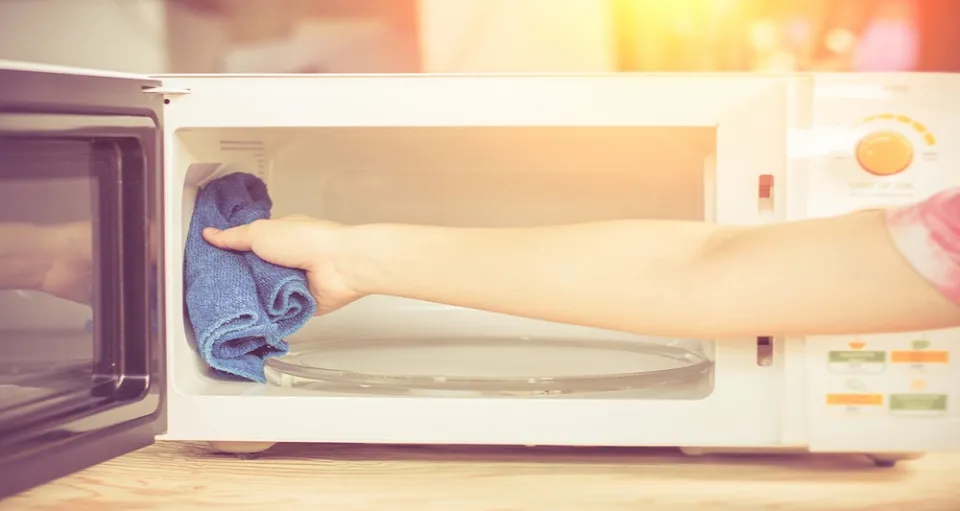One of the home appliances that is most frequently used is the microwave oven. Due to such frequent use, if your microwave is making odd noises, a part likely needs to be replaced. Before making any repairs, check to see if the noise problem can be resolved by turning the microwave on and off at the power source or by cleaning it.
If the microwave begins to make these noises, using it is generally not dangerous. In contrast, a damaged or nearly-burned-out magnetron might start making high-pitched sounds or growling noises.
What’s making that horrible noise? If a microwave is buzzing so loudly, is using it even safe? Find out what to do if your microwave makes noise.
When is a Noisy Microwave Unsafe to Use?
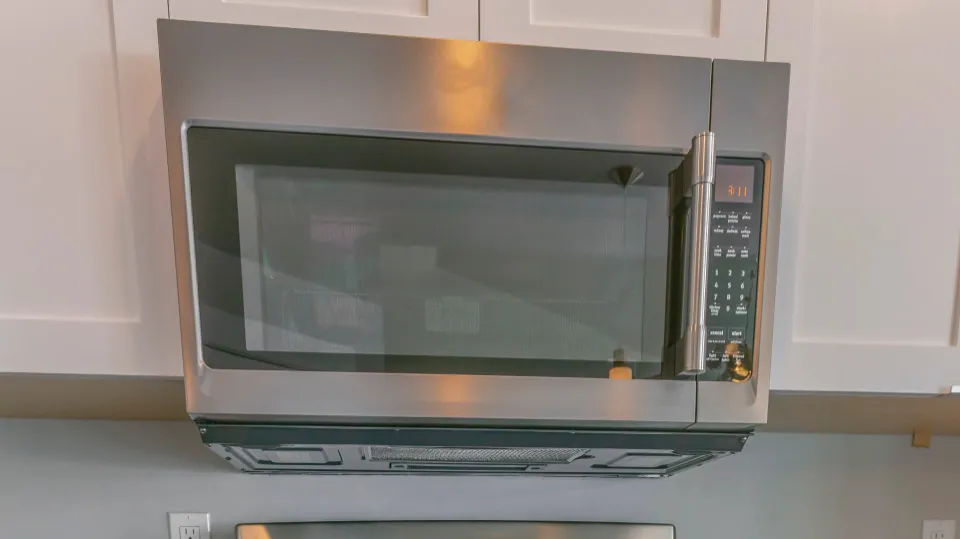
Burning Smells, Smoke Or Sparks
All three of these issues indicate that you should replace your microwave right away. It makes no sense to use a microwave that is obviously broken in this way.
If you experience any of these three problems, immediately shut off the microwave and unplug it from the power source.
The most likely cause of these problems lies with the magnetron. This is a crucial part of the microwave, so it is clearly time to replace the appliance.
You shouldn’t try to fix a microwave yourself, even though it is technically possible to do so. Repair costs aren’t cheap either, and so it’s definitely time to think about a replacement.
Poor Cooking Performance
The whole point of owning a microwave is to cook food efficiently and quickly. It’s time to upgrade your appliance if it can’t handle that anymore.
It’s a very clear indication that your microwave is simply worn out if you have to increase the heat setting or cooking time for a staple food.
Consider getting your microwave repaired if the warranty is still in effect. Please note that once these issues begin, they frequently recur quickly after being resolved.
You can test the power fairly easily if you’re unsure whether it’s failing. Two minutes of heating on the highest setting should bring a cup of water nearly to the boiling point.
Start looking around if it isn’t!
Unusual Sounds
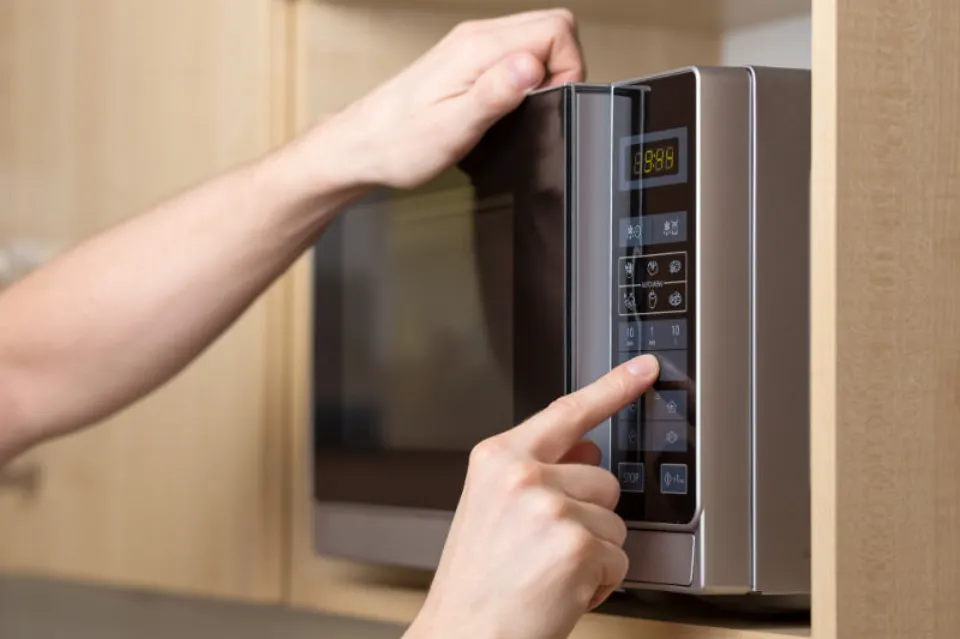
Each microwave has its own unique noises. You’ll probably be well tuned-in to the various sounds of your own make and model, even though it tends to hum away in the background.
It may be a sign that your microwave is nearing the end of its useful life if you start to hear buzzing or grinding sounds.
However, if you hear a rattle, make sure the turntable is still attached to the rotating ring. Examine its seating to see if that eliminates the sound.
Make sure your microwave is clean as well! It’s by no means impossible for bits of food to get stuck in the rotating ring.
Microwaves need to spin freely too, otherwise you run the risk of your food not heating evenly.
Unresponsive Controls
The chances are good that the touchpad used to adjust the settings is present in any microwave in your kitchen, no matter how modern it may be.
It might be time to look for a new microwave if you’re having trouble adding time increments or getting the process started.
But first, attempt cleaning it. A quick scrub with an old toothbrush may be all that’s required to remove food debris that has become stuck in between buttons.
A Poor Door Seal
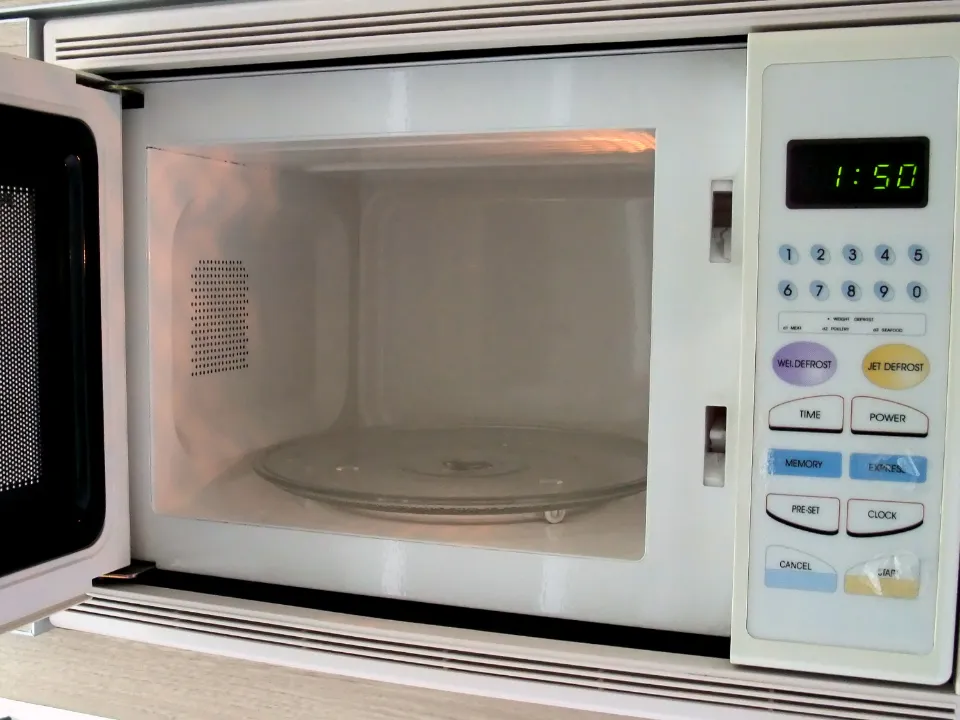
It’s time for an upgrade if the door doesn’t close and seal properly. For user safety and to guarantee that the food cooks properly, the door must have a good seal.
Every one of your kitchen appliances should have their integrity checked at least once a year. Take a closer look at your microwave to check if there are any cracks or other indications of use and deterioration.
The Age of Your Microwave
I tend to think about replacing appliances around the seven year mark, but a microwave from a reputable brand should last up to ten years.
But after that, your performance is almost certainly going to suffer. A few useful new features that eventually become commonplace for microwaves of all prices will also be lost to you.
As a rule, new microwaves are always better than old ones, so it’s always worth keeping an eye on the latest developments.
How Do I Fix My Microwave That Won’t Work?
You can check a few things before calling for repairs if your microwave has stopped working.
- Initially, confirm that the appliance is plugged into a working outlet.
- Assure proper operation of the door switch and latch assembly by checking it next. If the microwave detects that the door is open, it won’t turn on.
- Once you’ve double-checked those two items, examine the thermal fuse and the ceramic fuse. Your microwave might not be working if either of them needs to be replaced.
Final Words
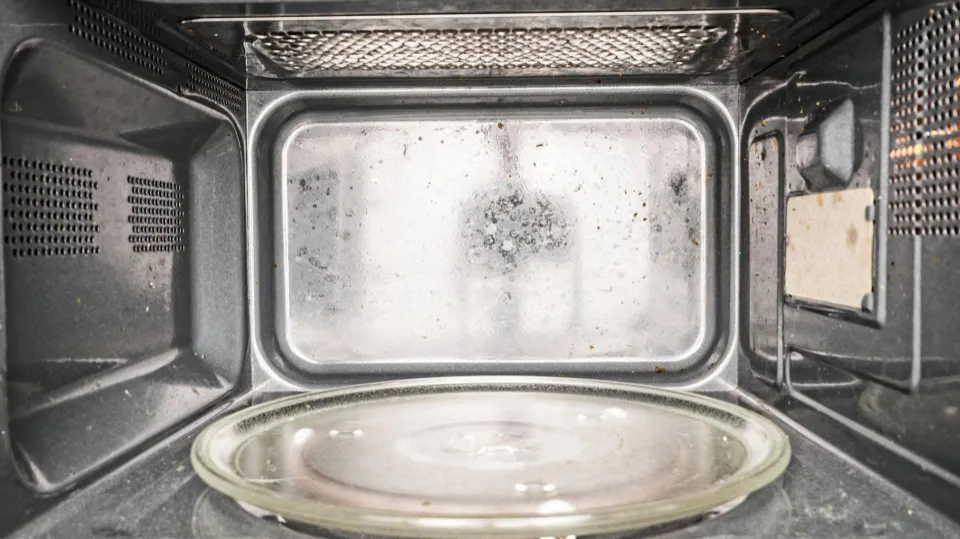
Spend a moment repairing the problem with your microwave before you put it away. You might be surprised to learn that replacing the appliance with a subpar model that will probably break down soon is less expensive than fixing the current one.
FAQs
What Does It Mean If My Microwave Makes a Loud Noise?
A faulty or worn-out diode is frequently the cause of a loud humming sound coming from your microwave. The diode is in charge of converting AC to DC in order to supply power to the magnetron. Your microwave won’t produce heat if a bad diode is the cause of the noise it makes.
How Do I Know If My Microwave is Leaking Radiation?
If your phone’s settings are correct, and you hear a ring, your microwave is emitting radiation. It’s extremely unlikely that the leak in your microwave will endanger your health. All microwaves are FDA approved and emit tiny amounts of radiation.
Is a Broken Magnetron Dangerous?
Because they contain beryllium oxide, ceramic insulators connected to magnetrons can be hazardous if damaged. A cancerous substance called beryllium oxide dust can be inhaled and result in berylliosis, an irreversible lung condition.
How Do I Stop My Microwave from Making Noise?
Check your microwave’s control panel for a “Sound” or “Mute” button. Look closely! If not clearly listed, it may be a secondary button function (written in a slightly different text colour). If that’s the case, try pressing the button firmly.

